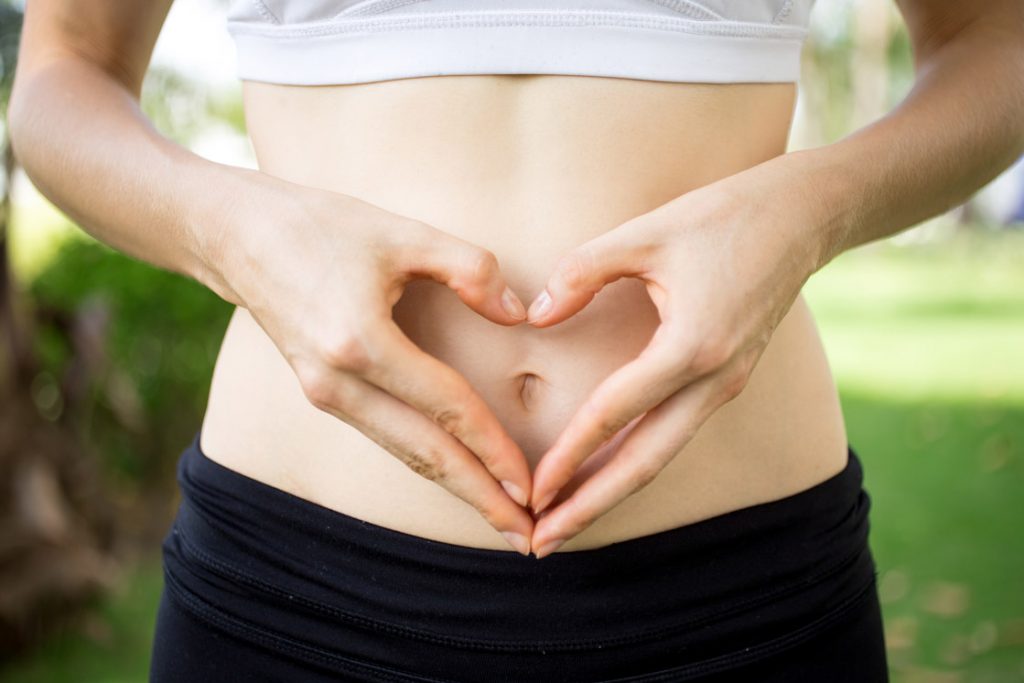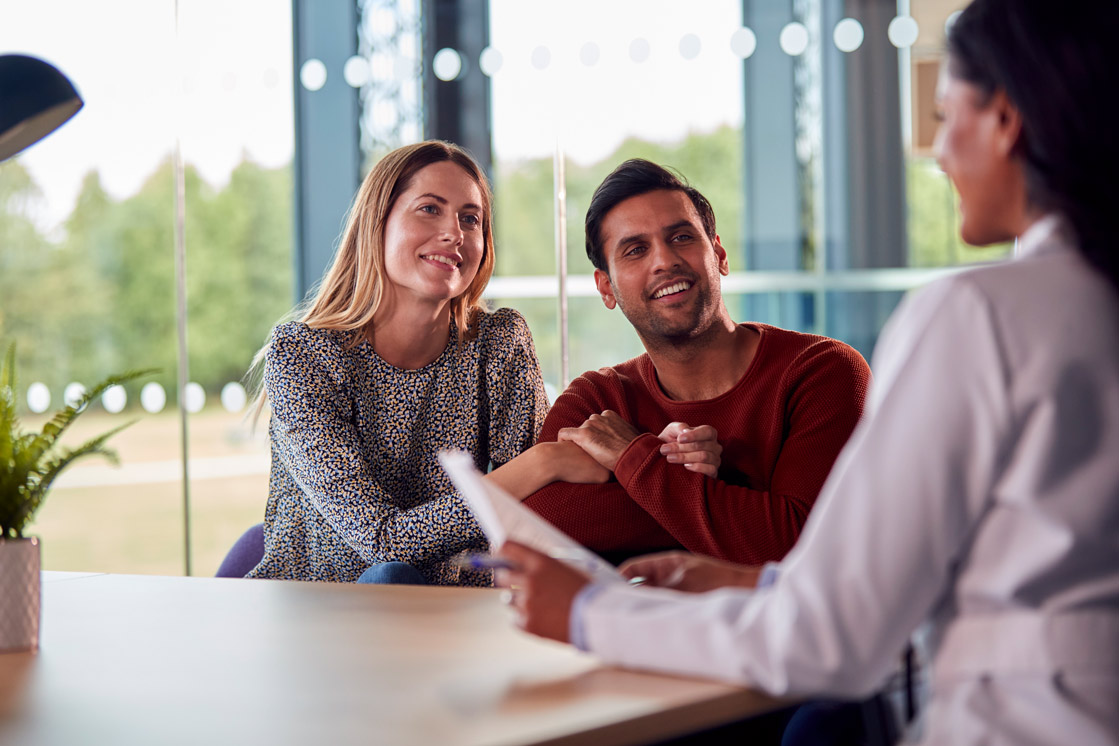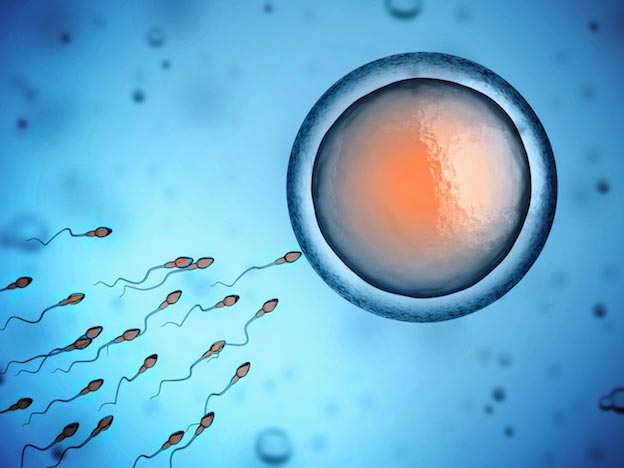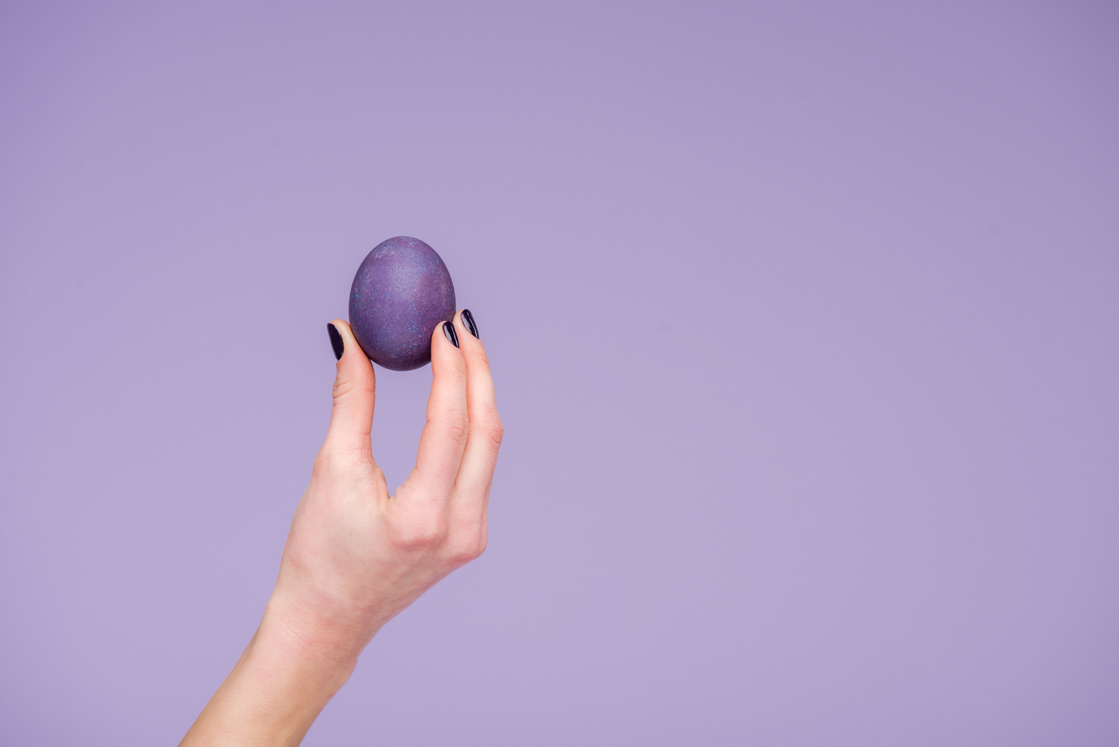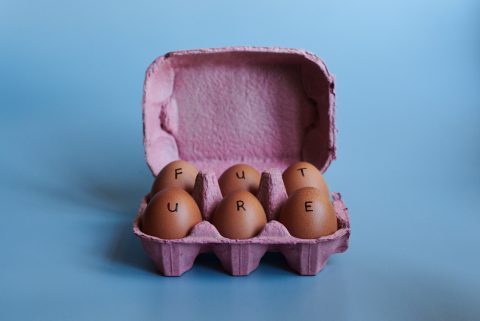“I was so excited at the prospect of 19 Rhonas being frozen!”
Egg freezing, like many other fertility treatments, is relatively new, with the first successful pregnancy from a frozen human egg taking place in 1983. However, since then millions of women have chosen egg freezing as a way of preserving their fertility. Four decades’ worth of experience and research has allowed methods to improve and success rates to increase dramatically.
During the pandemic especially, women are opting for fertility preservation in response to the uncertainty of these unprecedented times. Perhaps because they are finding it hard to meet a partner due to lockdown rules; are struggling with the financial, emotional, mental and physical burdens of the pandemic; or want to wait until there is some ‘normality’ before they bring a child into the world. Whatever the reason, egg freezing is an invaluable insurance method for those that need to postpone motherhood.
If you are thinking about undergoing egg freezing for fertility preservation, you may have read many articles about the process and what it entails. However, it can be difficult to identify with general information, so we’ve detailed one woman’s journey in her own words. Rhona was kind enough to talk about her journey in her own YouTube video here. Rhona is a dentist and Founder of the Chelsea Dental Clinic, as well as the daughter of Dr Eskander, Consultant Gynaecologist and Co-Founder of The Fertility & Gynaecology Academy.
You can watch Rhona’s video below, where she recounts her egg freezing process to the camera:
Egg freezing from a real patient’s point of view
Rhona was 33 and in a long-term relationship when she began the egg freezing process in 2021. Her father, an expert in fertility, had encouraged her to start thinking about freezing her eggs. Laughing it off at first, Rhona then began to think seriously about the possibility of starting a family in the future: “As the years rolled by, I realised that despite having a partner who is amazing and supportive, I’m not quite ready to have a family yet. I’m super career-orientated but I definitely want children, though not in the near future. I knew that the quality and quantity of my eggs would be decreasing as I got older so I wanted to safeguard my fertility and made an appointment with Dr Amin Gorgy at The Fertility and Gynaecology Academy.”
Originally, Rhona had considered embryo freezing. This is where eggs are harvested from a woman and then fertilised in a lab with sperm collected from a man (which can be either donated anonymously or collected from the woman’s partner or other known donor). The fertilisation process may then form embryos, which are frozen for future use.
However, embryo freezing must be carefully considered if using a known donor or a partner, as the status of a relationship can change, and one party may wish to withdraw their consent to using the embryo to conceive a child in future. As such, Rhona chose to undergo egg freezing rather than embryo freezing, and began the process with a consultation with Dr Gorgy at The Fertility & Gynaecology Academy.
Egg freezing: The consultation
She said: “At my first appointment with Dr Gorgy we talked through the process and he gave me a scan as well as blood tests to check my hormone levels. He told me that my egg reserve was good but that this was the perfect time to freeze my eggs because the success of the procedure is higher in your early 30s than in your late 30s, due to the quality and quantity of your eggs. My bloods revealed that I was slightly low on a hormone called AMH (anti-mullerian hormone), which meant my fertility was declining a little.”
Rhona’s fertility status is similar to that of many women her age. This is because women are born with a certain number of eggs, and this number declines as they age. Low AMH indicates a low ovarian reserve, meaning that there are less eggs available for harvesting in the context of egg freezing. There is no way to increase this number, but it doesn’t mean that conception will be impossible.
Initiating hormone treatment for egg freezing
The egg freezing process begins with hormone treatment to boost egg production and help the eggs mature, ready for harvesting. This consists of daily hormone injections for 10-12 days, starting from day two or three of the woman’s next period. Rhona said: “I had no issues injecting myself. I inject people all the time as a dentist so I wasn’t scared. Every two days I had a scan in the clinic to monitor the size of my eggs as well as my bloods and hormones. For the first 11 days of the process, I felt fine. Life went on as usual with work and exercise. On day 12 I felt tired and bloated – like PMS times two or three! They told me that on day 14 they’d be taking my eggs, that I’d need to take that day off work but would be able to return to work the day after. I’m a workaholic so this was music to my ears.”
After the hormone treatment is complete, the eggs are harvested under sedation and the good quality eggs are frozen. This process is usually quick and is relatively non-invasive, often taking less than 20 minutes. The consultant will insert a needle through the vagina wall to retrieve the eggs from the ovaries – that means no incisions need to be made, and there’s no visible scarring or stitches.
“On the day of the egg harvesting, I was sedated, which pretty much knocked me out. I can’t remember any of it, but it took about 12 minutes to remove the eggs. When I woke up, they told me they’d harvested 19 eggs. The optimum number of eggs is 20 to maximise the chances of a successful pregnancy, so people often go through two or three cycles. I was lucky; all 19 were good. I was so excited at the prospect of 19 Rhonas being frozen!”
What happens after egg retrieval?
The after-effects of the egg retrieval process are different for everyone. Some may experience no side effects, whereas others may need to take an extra day off work to recuperate. Rarely are the side effects severe enough to require additional medical care.
Rhona explained: “I was nauseous on the day but the next day felt well enough to go to the gym for a light session. In hindsight, that was a big mistake. The following day I felt horrendous and my stomach started to swell. I looked three-months pregnant and felt really bloated with a bad headache.
“Dr Gorgy said this was due to a mild degree of overstimulation of the ovaries…He told me not to panic, but I felt so uncomfortable and I was feeling regretful, wondering if it was worth it. I hated the way I looked and the way I felt. I had to cancel a couple of days’ work because I couldn’t cope. Because I had exercised, I’d aggravated everything.”
Ovarian Hyperstimulation Syndrome (OHSS) manifests in mild symptoms in a third of fertility treatment patients, with 2-8% needing medical intervention. The following symptoms are common after egg retrieval, and can be remedied with rest and over-the-counter pain relief:
- Abdominal cramping
- Nausea
- Bloating
Serious symptoms such as extreme thirst or dehydration, difficulty breathing, pain in the chest or legs, or swollen legs, should be reported to a doctor immediately.
Rhona said, “I was instructed to drink three litres of water a day to clear my system. It was two or three weeks before my body started to feel normal again. After three weeks, I stopped craving chocolate and was able to exercise. Despite the long recovery process, I don’t regret my decision at all.
“Freezing my eggs is definitely one of the best things I’ve done – simply because I know I have the eggs in the freezer now and I can use them any time. The stigma needs to be taken away from egg freezing. People told me I was way too young, but I wanted to ensure I was doing something for me.”
If you are considering egg freezing, please do not hesitate to book a consultation with our friendly, expert consultants using our online booking form or by calling 020 7224 1880.



